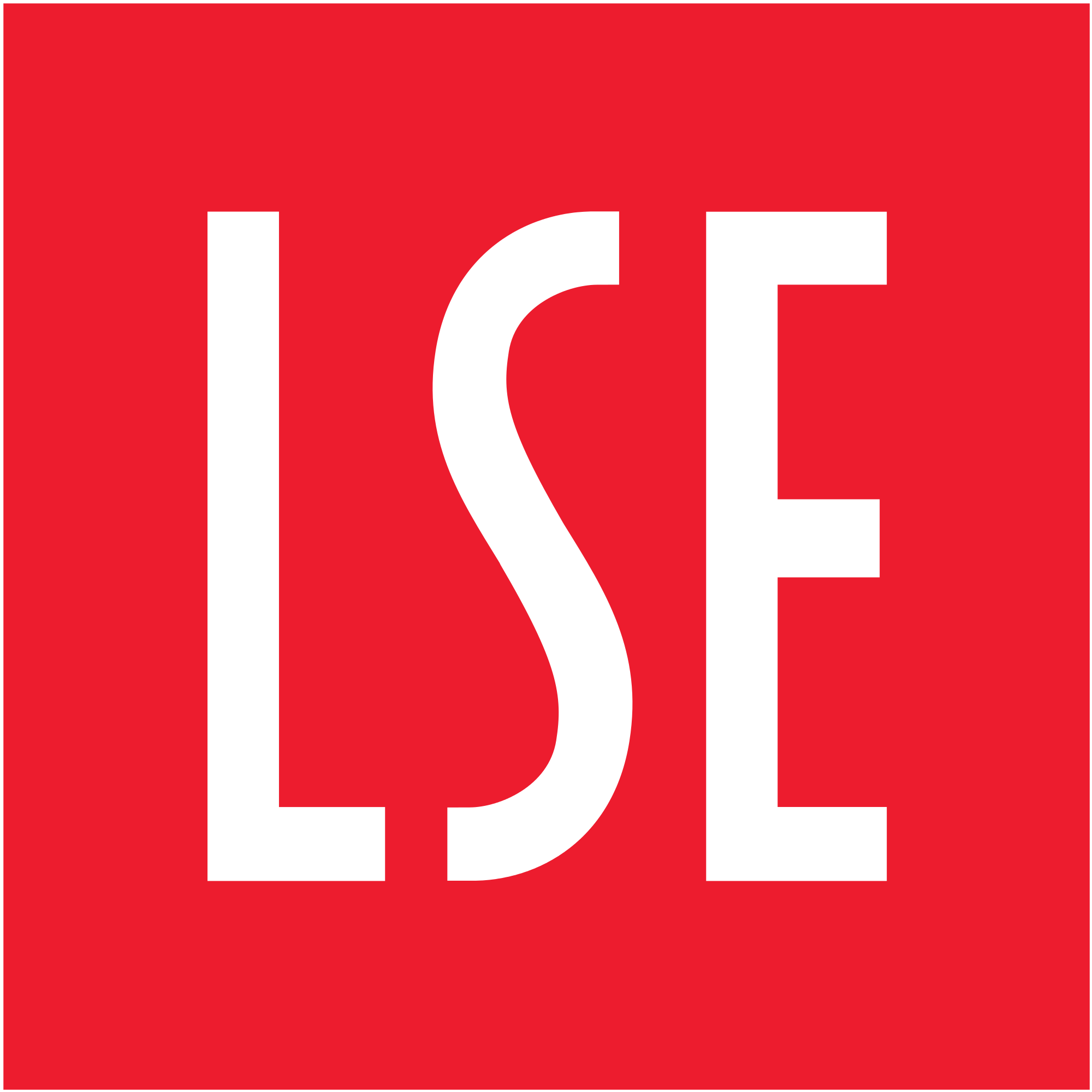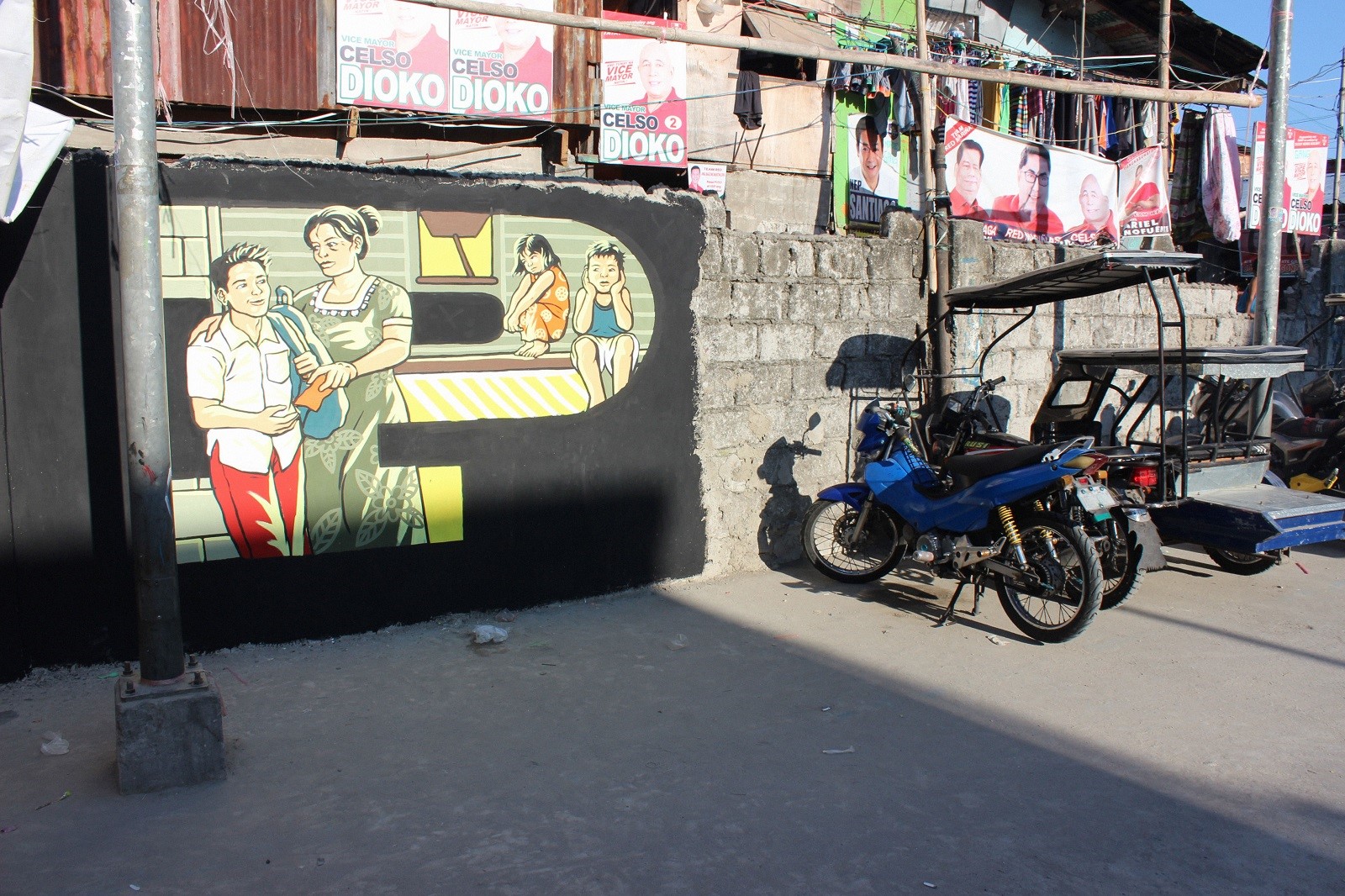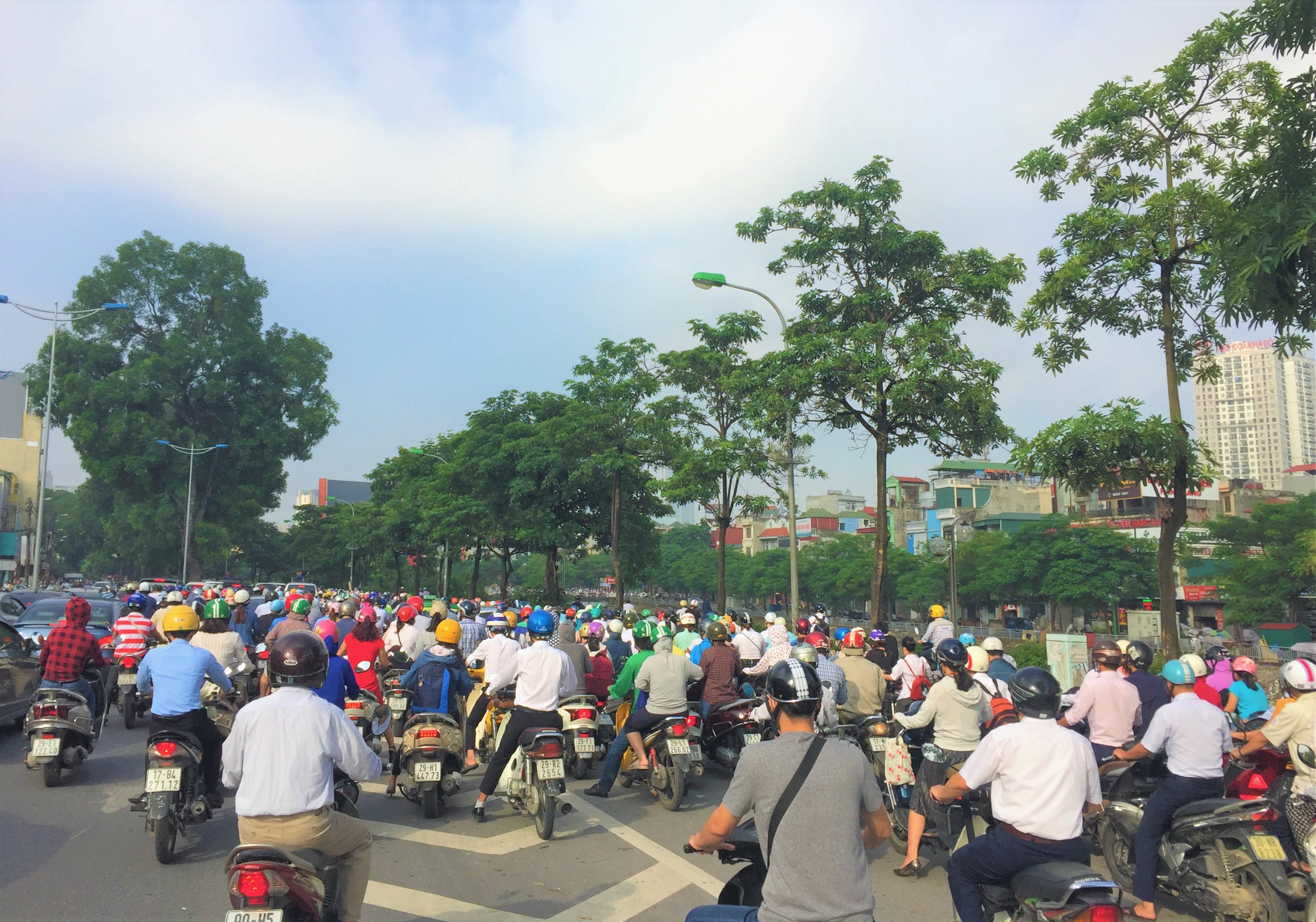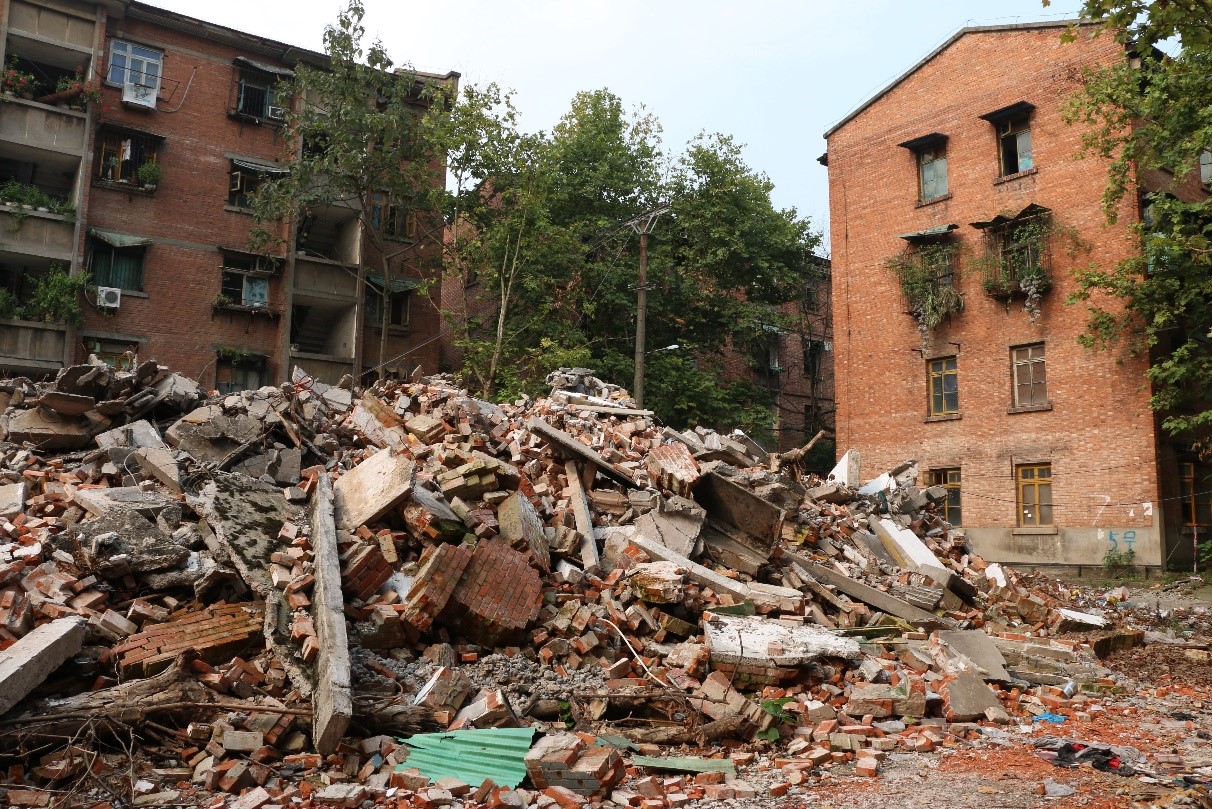What was most challenging in studying language choices in public was the scope of the observations when the research site was a mega-metropolis with 24 million residents, roughly 40% of whom were internal migrants with limited proficiency of the vernacular language, writes Fang Xu
_______________________________________________
In my recent book, I illustrate social transformations in Shanghai by exploring the changes to the linguistic landscape in this mega-metropolis over the last three decades. Located at the intersection of urban studies, migration studies, and sociolinguistics, this intangible but surely discernible dimension of urban life is rarely studied due to methodological challenges. In this blog piece, I will detail three entwined challenges that I experienced and attempted to overcome during my field research in Shanghai: 1) the privilege of being a native speaker of the vernacular language not to be taken for granted; 2) the difficulty in defining or managing the scope of the research project; 3) the subjectivity of the researcher, which is impossible to be untangled from the project. Ultimately, my methodological goal of this intervention is to argue that when we study urban tension or dynamics, we should investigate how people navigate everyday urban living at the most basic level, i.e., language. More specifically, I focus on people’s choice of language in their daily interactions to express, act out, and assert their identities.
In the social milieu of neoliberalism with Chinese characteristics (Harvey 2005), to what extent do the anxiety, anger, and bitterness about socioeconomic inequality get expressed in the form of cultural and linguistic discrimination and xenophobia against fellow residents who speak different tongues, instead of being communicated as discontent with the central state? What roles do different tongues play in communicating social identity and status? I set out to find answers to these questions in the fall and winter of 2013, traveling from New York City to Shanghai, my hometown. That field research included survey and in-depth interviews with native Shanghainese, and qualitative observations in public spaces, such as public transit, shopping malls, bank lobbies, restaurants, and parks. Observations in public space cross-validated survey and interview data and captured the interplay between language choices and symbolic power. Follow-up research was conducted during summer 2017 in Shanghai which predominantly focused on internal migrants’ participation in the city’s audible landscape from their own accounts. Methodologically, the overarching challenge lies in the double functions of language in this study. It was the medium of communication for survey questionnaires and semi-structured interviews, while at the same time, the subject matter of the study. To a certain extent, form and content merged in this study of social inclusion and exclusion in Shanghai through the lens of local dialect endangerment.
Since Mandarin Chinese had been the sole and mandated medium of instruction through the public school system for decades, my native Shanghainese research participants were predominantly bilingual, speaking both Mandarin Chinese and the Shanghai dialect. However, as Pierre Bourdieu (1991) argues and is exemplified in my study, language choice is not a personal choice to merely serve the purpose of communication. Rather, the choice is essential to understanding the speakers’ language ideologies. By language ideology, I employ Judith Irvine’s definition that it is “the cultural system of ideas about social and linguistic relationships, together with their loading of moral and political interests” (1989: 255). Furthermore, as Kathryn Woolard identifies in her study on Catalan/Castilian-speaking in Barcelona, language ideology involves “two competing social dimensions of language use: on the one hand is power, prestige, dominance, status, and on the other hand, covert prestige, solidarity” (1985: 739). Thus, language choices indicate ways in which native Shanghainese communicate identity, draw social boundaries, and demonstrate social status.
Native Speaker Privilege
Being a native speaker of the Shanghai dialect is a privilege I initially took for granted. The Shanghai dialect belongs to the Wu language family and is unintelligible to Mandarin Chinese speakers with no knowledge of the language. A migrant city with semi-colonial history in the late 19th and early 20th century, Shanghai has always seen the dialect serving as a marker for insider membership, as documented by Emily Honig (1992). This significance means my ability to communicate with my native Shanghainese research participants in the dialect instantly closed the gap between the researcher as a young female graduate student from the United States and a local Shanghainese who had never travelled abroad, and the research subjects who were often (male) seniors of higher social status.
Conversations with native Shanghainese 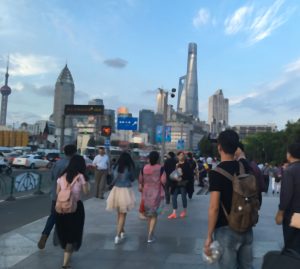 strangers in public spaces went smoothly without me initiating contact, once it was discovered that I was native Shanghainese. For example, in late November 2013, when I was sitting in the lobby of a bank in a lower-middle class neighbourhood in the north-eastern part of Shanghai, a man in his late 50s or early 60s initiated a conversation with me in Shanghai dialect. He told me about the landscape of this neighbourhood in the 70s and 80s, which consisted of mostly farmland, a few low-rise houses, and a grease factory. The winter was colder, and the summer was not so gruesome. At that point, a native Shanghainese woman slightly older than him joined to recount the reminiscence of the good old days. With a bigger audience, he became more animated in recalling the heatwaves in the summer of 1979 when his son was born. He also criticised one-party rule, attributing pollution, corruption, and rising consumer prices to it. Insider membership of the native Shanghainese community was communicated and granted by my Shanghai dialect proficiency. Friendliness and trust entailed.
strangers in public spaces went smoothly without me initiating contact, once it was discovered that I was native Shanghainese. For example, in late November 2013, when I was sitting in the lobby of a bank in a lower-middle class neighbourhood in the north-eastern part of Shanghai, a man in his late 50s or early 60s initiated a conversation with me in Shanghai dialect. He told me about the landscape of this neighbourhood in the 70s and 80s, which consisted of mostly farmland, a few low-rise houses, and a grease factory. The winter was colder, and the summer was not so gruesome. At that point, a native Shanghainese woman slightly older than him joined to recount the reminiscence of the good old days. With a bigger audience, he became more animated in recalling the heatwaves in the summer of 1979 when his son was born. He also criticised one-party rule, attributing pollution, corruption, and rising consumer prices to it. Insider membership of the native Shanghainese community was communicated and granted by my Shanghai dialect proficiency. Friendliness and trust entailed.
However, the native-identity based rapport had its own limits. The power dynamics between insider and outsider played out mostly when I, as the researcher but also a native Shanghainese, interacted with stakeholders within the Shanghai dialect preservation activist group. When the male and often older research participants felt their status being challenged, they reacted to the “threat” accordingly. In one case, a gatekeeper of the activist group commented on my linguistic capacity: “Your Shanghai dialect proficiency is not up to standard, while your Mandarin Chinese has a Shanghai dialect accent, not to mention your English has a strong Chinese accent.” At the time, I was bewildered by the assessment and the hostility.
Defining the project
What was most challenging in studying language choices in public was the scope of the observations when the research site was a mega-metropolis with 24 million residents, roughly 40% of whom were internal migrants with limited proficiency of the vernacular language. Because of the subject matter was language usage and choice in public, any moment when I was outside of my apartment, I was in observation or data collection mode. Any place was a research site; thus, a strategic plan was developed to capture social interactions between different social groups at various locations at different times of the day, days of the week.

Qualitative observations generated the most interesting data because this unobtrusive measure allowed me to study the nuances in code-switching between Mandarin Chinese and the Shanghai dialect. The switch exemplified the research participant’s language ideology, e.g., which occasion was regarded as a formal setting that they would consider Mandarin Chinese, the national language, as more proper. For example, multiple native Shanghainese interviewees switched to heavily accented Mandarin after our small talks in Shanghai dialect when I started to record the interview. In everyday communications, native Shanghainese salesclerks would act more friendly as soon as they discerned the trace of my Shanghai dialect capacity when I approached them in Mandarin Chinese. Absorbed into the same language ideology which regards Mandarin Chinese as having a higher status, requiring more respect, and carrying more authority, highly educated native Shanghainese appeared surprised and to a certain extent disappointed to learn that the practices and opinions about the Shanghai dialect was the topic of my doctoral dissertation at a reputable graduate school in the United States. They expected the topic to be something more serious or worthy, so to speak.
Subjectivity
The third challenge I encountered during the field research was a researcher’s subjectivity.
My identity as a PhD student in 2013 and a junior faculty at a prestigious public university in the United States in 2017 was taken advantage of. On one occasion, another Shanghai dialect preservation activist who organised vernacular gala shows at senior community centres singled me out from more than one hundred audience members by saying, “My show in the Shanghai dialect is so famous that a PhD from New York came all the way to study it. Dr Xu, please stand up and say hi to the audience. Everyone, please applaud!” I could no longer be a fly on the wall doing my observations. Later, he arranged a local TV station reporter to interview me about the contribution of his show to the preservation of the Shanghai dialect, which I had limited knowledge of and found hard to predict. Furthermore, being a native Shanghainese, I was expected to make a stand about the central government’s language policies and to contribute to the preservation cause. It made the elusive objective stance of a researcher even harder to achieve.
Final thoughts
To conclude, the linguistic landscape as an interdisciplinary research topic poses challenges for field research when the subject matter is intangible and subjective, requiring a prolonged engagement with the language scene, on top of linguistic proficiency in the native tongue. My insider identity as a native Shanghainese opened doors for me to enter the field, but nevertheless created challenges for keeping personal distance when pondering the future of my endangered native tongue.
References
Bourdieu, P. (1991). Language and Symbolic Power. Harvard University Press. Available from: https://doi.org/10.2307/2579985
Harvey, D. (2005). Neoliberalism “with Chinese Characteristics.” In A Brief History of Neoliberalism (pp. 120–151). Oxford University Press.
Honig, E. (1992). Creating Chinese Ethnicity: Subei People in Shanghai, 1850-1980. Yale University Press.
Irvine, J. T. (1989). When Talk Isn’t Cheap: Language and Political Economy. American Ethnologist, 16(2), 248–267. Available from: https://www.jstor.org/stable/645001
Shanghai Statistical Bureau. (2021). “Shanghai Statistical Yearbook.” Retrieved August 21, 2021
Woolard, K. A. (1985). Language Variation and Cultural Hegemony: Toward an Integration of Sociolinguistic and Social Theory. American Ethnologist, 12(4), 738–748. Available from: https://doi.org/10.1525/ae.1985.12.4.02a00090
Xu, F. (2021). Silencing Shanghai: Language and Identity in Urban China. Lexington Books.
_______________________________________________
For citation: Xu, F. (2021) How to Study the linguistic landscape of a Chinese Megametropolis. Field Research Methods Lab at LSE (13 September) Blog entry. URL: https://blogstest.lse.ac.uk/fieldresearch/2021/09/13/How-to-study-the-linguistic-landscape-of-a-Chinese-megametropolis
*Banner image credit: Denys Nevozhai on Unsplash. All other images copyright of the author.
* The views expressed in the blog are those of the authors alone. They do not reflect the position of the Saw Swee Hock Southeast Asia Centre, nor that of the London School of Economics and Political Science.
